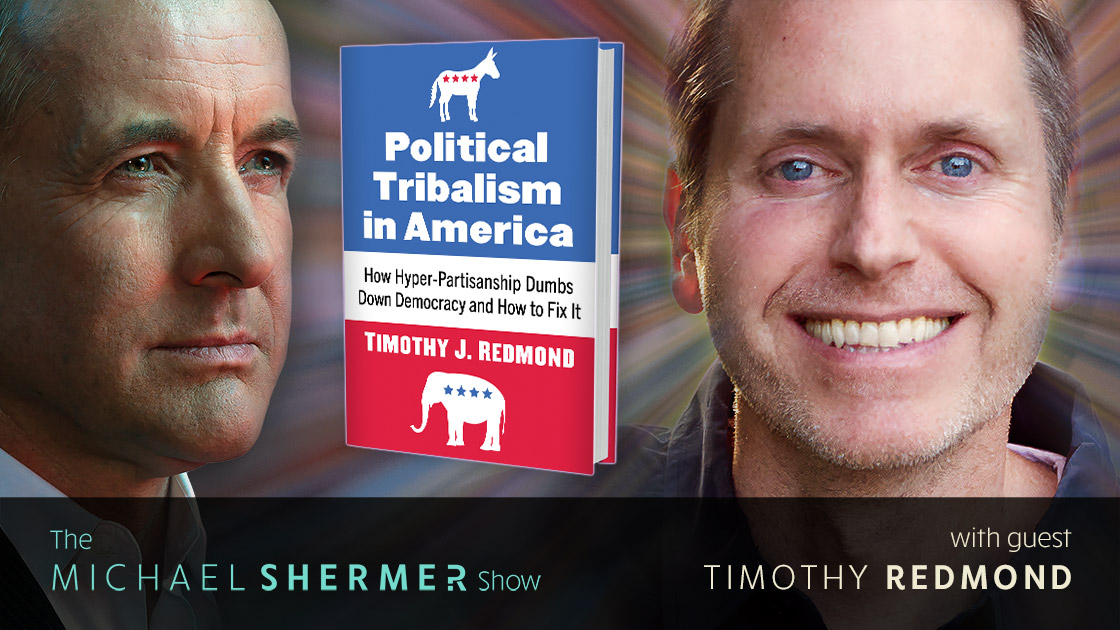
Consumers of scientific information should be skeptical of an apparent scientific consensus. Consider: How politicized is this topic? What are the career incentives for the scientists? How easy would it be for scientists to selectively report only the favorable results? Would a study have been published if it had found the opposite result or a null result? The answers to these questions will not definitively tell us whether the scientific consensus is right or wrong, but they should help us…

Shermer and Redmond discuss: why we have political duopoly (Duverger’s law) • parties vs. policies • Are we living in a post-truth, fake-news, alternative facts world? • How do we know political polarization is worse now than in the past? • acquiring, perceiving, and evaluating political information • evaluating: false political information, political numbers and arguments, claims of rigged election • whataboutism • cognitive responsibilities of citizenship • cognitive biases • political polarization • myside bias • numeracy vs. innumeracy…










